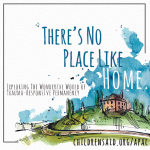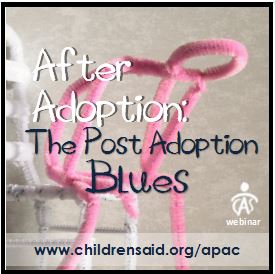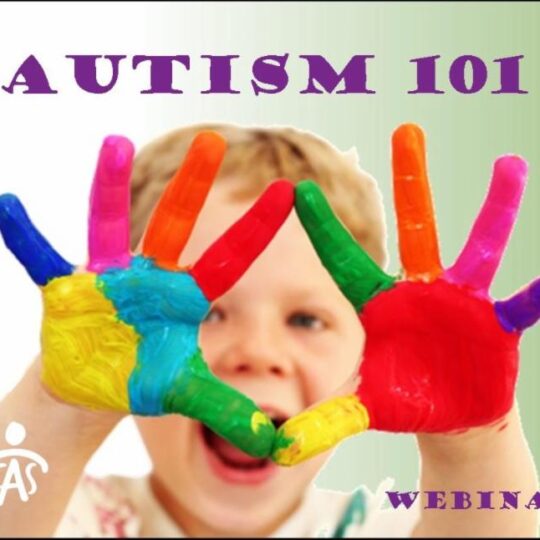
Every child needs a “no matter what” family for a lifetime. This includes children with special needs, sibling groups, older adolescents and children across all backgrounds and cultures. Adolescents need lifetime families, skills for successful adulthood and resources to support their safety and well-being. Children with disabilities need community-based services and supports as well as a family. All children and youth need roots and connections to their kin and cultural heritage in order to heal from traumatic early life experiences. Often our work focuses on one or the other of these needs. In order to successfully achieve permanence practice and policy needs to reflect a comprehensive understanding of children’s developmental stages and how permanency (or lack thereof) impacts development.
Finally, in recent years, agencies have worked hard to become more “trauma-informed” increasing their understanding of the impact that early childhood trauma has on the children and youth served. As the science increases our knowledge and understanding of the impact of trauma on children, parents, caregivers, professionals and community providers across systems need to be better equipped to use trauma-responsive policies and practices whenever working with or on behalf of vulnerable children and their families, including children of veterans and of incarcerated parents. It is time to move from being “trauma-informed” to being “trauma-responsive.” Knowledge about trauma must be married with knowledge about child development in the context of permanency in order for practice to fully evolve to the point of achieving lasting trauma-responsive families for every child.
This workshop will help participants understand the value of taking a permanency- oriented, developmentally-informed, and trauma-responsive approach when working with children and youth. Strategies will also be presented that support achieving a “no matter what” family for every child.


